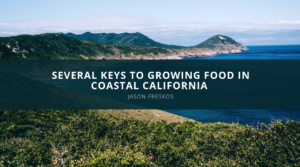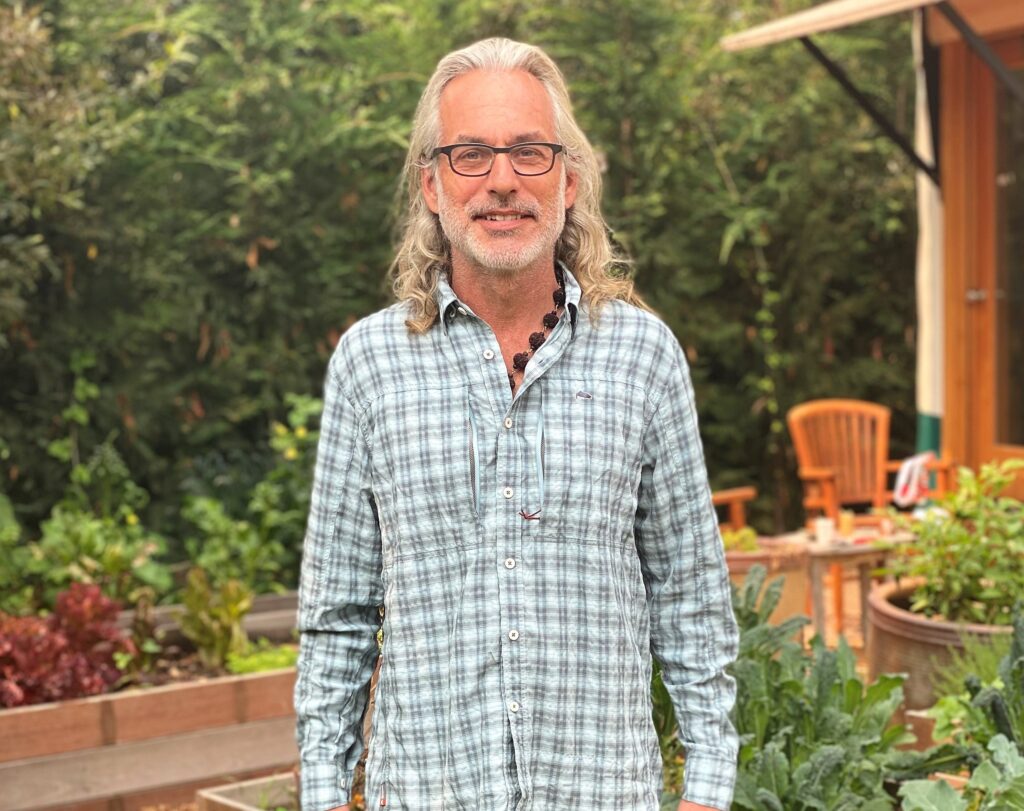Jason Freskos Discusses Several Keys to Growing Food in Coastal California


Salty coastlines aren’t known as the best places to grow vegetable gardens. However, Jason Freskos is succeeding in this mission all while providing his fresh garden foods to area residents in need. He recently discussed what it takes to grow an organic garden in beautiful coastal California.
“Of course, the biggest issue with growing a garden near the coast is the high level of salt in the soil,” Jason Freskos said. “This is the biggest challenge, as plants don’t typically react well to extreme amounts of sodium.”
Jason Freskos explained that salt can suck the moisture out of plants and burn roots. However, he explained that he has succeeded in growing an organic garden, and that’s because he’s been selective about the plants he has chosen. Jason Freskos stated the importance of choosing tolerant plants, adjusting the soil with organic matter, and protecting the vegetables from sea salt spray.
“Raised beds can make the process of growing food near the ocean so much easier,” Jason Freskos said.”Raised beds are easier to cover from the salt spray, and you can purchase quality garden soil, which you can amend with your compost.”

Jason Freskos explained that raised beds will begin low in salt, because you’re not using the soil from the ground. However, covering the beds with a row cover is essential to keeping that salt away.
“Whether you’re using raised beds or not, it’s still essential to choose plants with high levels of sodium tolerance,” Jason Freskos said. “Spinach, asparagus, beets, and kale are all healthy vegetables with a very high tolerance for salt.”
Jason Freskos added that other plants with a medium to high sodium tolerance include cabbage, broccoli, potatoes, tomatoes, peas, and lettuce. These are just some of the many organic vegetables he grows to feed those in need within his community. He suggested avoiding beans, celery, radishes, and other plants with a low salt tolerance that will not likely succeed and could take other, healthy vegetables down with them.
“Living near the ocean also means there’s often a lot of salt in our ‘freshwater’ too,” Jason Freskos added. “This can result in even more sodium reaching your plants.”
Jason Freskos explained that you may need to bring in another water source as opposed to watering with your garden hose. Adjusting the way you garden to suit the high levels of sodium in the air, soil, and water is just part of living by the ocean. It’s a small price to pay to live on the picture-perfect California coast.
